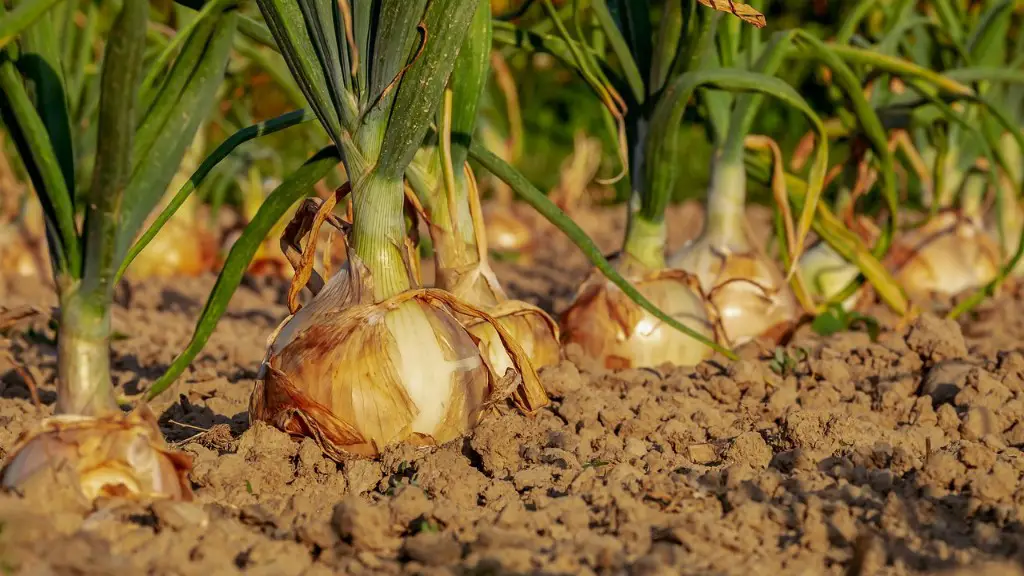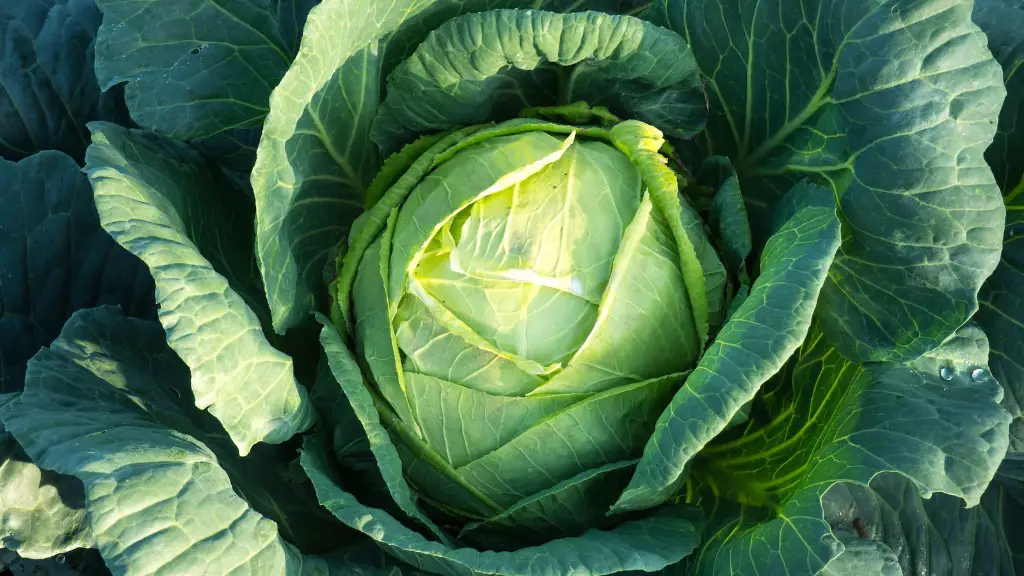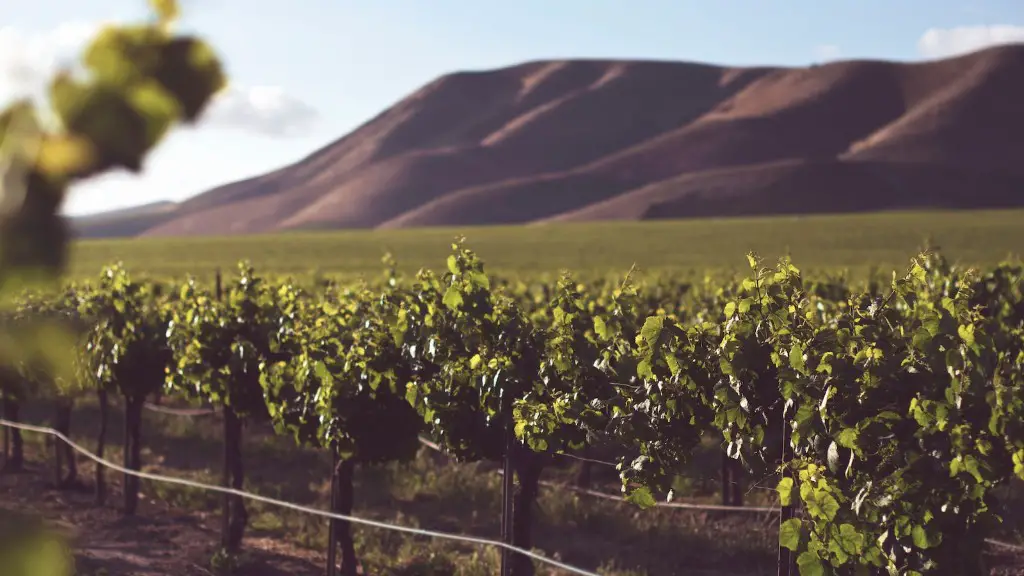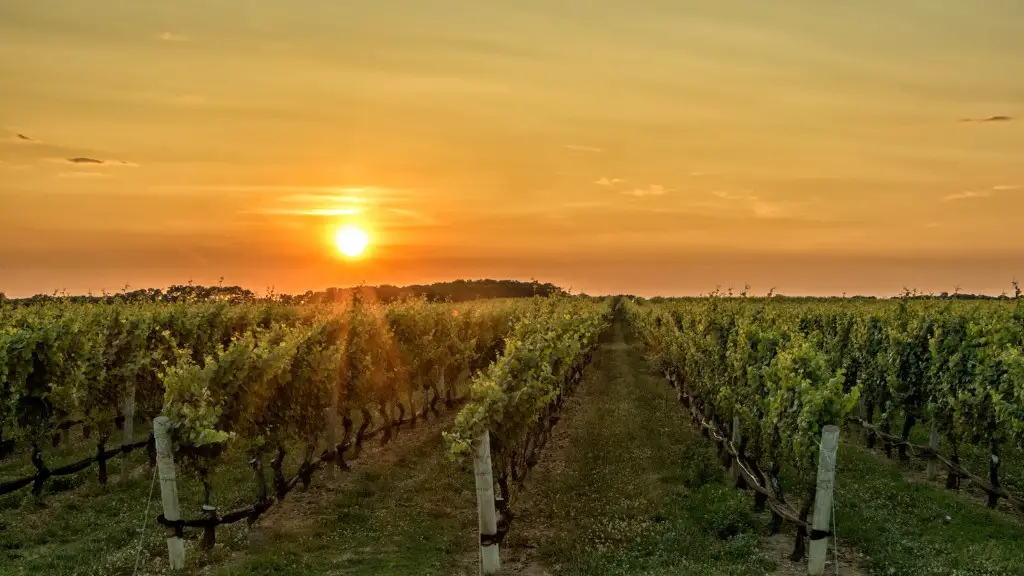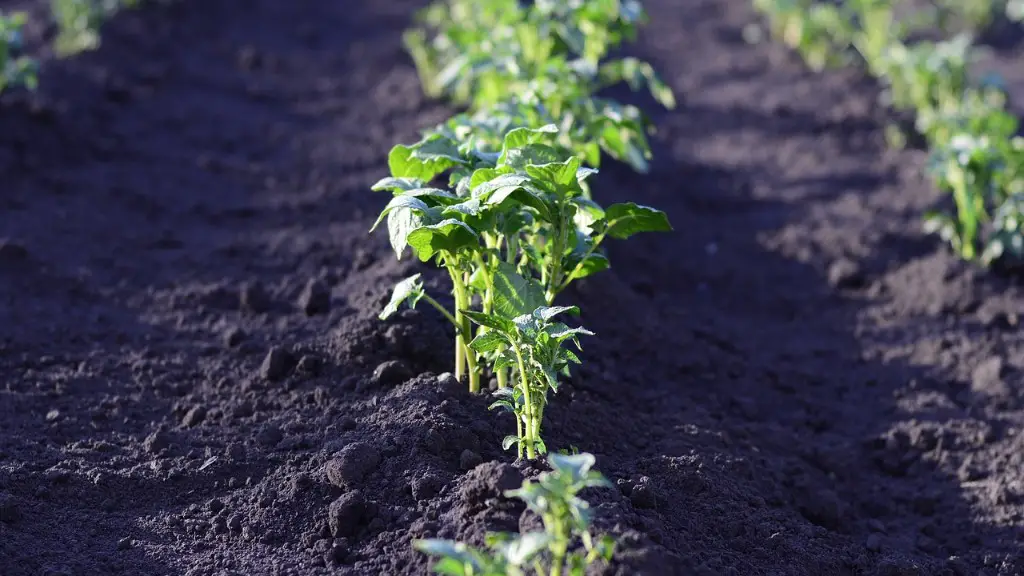Specialization in agriculture is the process of narrowing the range of crops or livestock that a farm produces in order to increase efficiency and profits. Specialization can allow farmers to take advantage of economies of scale, as well as to produce higher quality goods that can be sold at a premium. However, specialization can also lead to increased risk, as farmers may be more vulnerable to changes in market demand or weather conditions.
In agriculture, specialization is the process of focusing on the production of a specific crop or animal in order to increase productivity. This often involves the use of specialized equipment and methods, as well as the application of specific knowledge and skills.
What is the meaning of specialization in agriculture?
Specialization of agricultural production means reducing the assortment of diversity, or increasing the production of the selected product. This is often accompanied by maintaining the production of the remaining products at the unchanged level. Specialization can be a good way to increase efficiency and productivity, but it can also lead to problems if not managed properly.
The 5 specialties in Agriculture Science are: Global Food Health and Security, Agribusiness, Agricultural Economics, Integrative Health and Wellness, and International Agricultural Sciences. Each of these specialties offers a unique perspective on the field of agriculture and its impact on the world.
How does agriculture lead to specialization
Agriculture was a major transformation of the Neolithic Age that allowed people to settle in one place. This meant that fewer people were needed for the task of providing food since surpluses could be created, allowing other people to specialize in a variety of other skills.
The Agricultural Science major at Texas A&M University offers students the opportunity to specialize in one of four areas: Horticulture and Agronomy, Animal Science, Equine Science, or Agricultural Business. Each area of specialization provides students with the knowledge and skills necessary to be successful in a career related to agriculture.
What is specialization easy definition?
Specialization can be a key to success for companies and individuals. By focusing on a specific skill, activity, or production process, companies and individuals can become the leader or expert in that area. This can lead to increased efficiency and effectiveness, and can give the company or individual a competitive advantage.
Specialization is the practice of an individual or business focusing their productive capacity (skills, resources, etc) on a limited set of goods and services.
Specialization is important because it greatly improves productivity – the ratio of inputs to outputs. The typical example is the assembly line.
What is the highest paid in agriculture?
There are a few high-paying jobs in agriculture and they involve different tasks. Agricultural engineers design machines and equipment to be used on farms. Agronomists monitor and study plant growth. Agricultural food scientists develop new ways to process and store food. Veterinarians provide medical care to animals. Winemakers create and oversee the production of wine. Farm managers oversee the daily operations of a farm. Agricultural sales representatives sell products and services to farmers.
MBA in Business Analytics, MBA in Finance and MBA in Entrepreneurship are some of the highest paid MBA specialisations. The salaries for each of these disciplines broadly lie in the range of 70,000 USD to 90,000 USD or 60,00,000 INR to 90,00,000 INR per annum.
What are the 5 main branches of agriculture
The five branches of agriculture are: agronomy, horticulture, agricultural engineering, animal science, and agricultural economics.
Specialization leads to economies of scale because as labor is divided amongst workers, workers are able to focus on a few or even one task. The more they focus on one task, the more efficient they become at this task, which means that less time and less money is involved in producing a good.
What is the importance of specialization?
Specialization is often thought of as a strategy for large businesses, but it can be useful for businesses of any size. Using resources only to produce a single product can increase efficiency and effectiveness, while also reducing operational costs. This can be a great way to increase profitability and maximize productivity.
Specialized farming has a number of advantages and disadvantages. One advantage is that it can result in better use of land, as crops can be grown on land that is best suited to them. This can lead to increased profitability.Another advantage is that it allows for better marketing of the produce, as it can be graded, processed, stored and transported more effectively. This can lead to improved financing options.However, specialized farming also has a number of disadvantages. One is that it requires more equipment and labor, which can increase costs. Additionally, it can lead to a narrower range of products being produced, which may not be desirable for some consumers.
What are the different fields of specialization
There are many different fields of specialization within the field of chemistry. Some of the most common include biochemistry, nuclear chemistry, organic chemistry, inorganic chemistry, polymer chemistry, analytical chemistry, theoretical chemistry, quantum chemistry, environmental chemistry, and physical chemistry. Each of these fields requires a different set of skills and knowledge, so it is important to choose the one that is right for you.
Education:
The education field offers a wide variety of specializations, including early childhood education, elementary and secondary education, special education, and educational administration. Business:
The business field offers specializations in fields such as accounting, finance, marketing, and management. Science and Technology:
The science and technology field offers specializations in fields such as computer science, engineering, and applied sciences. Creative and Performing Arts:
The creative and performing arts field offers specializations in fields such as music, art, and drama. Humanities and Social Sciences:
The humanities and social sciences field offers specializations in fields such as history, sociology, and psychology.
What are the specialization courses?
Specialization courses help students gain in-depth knowledge and skills in a particular area. These courses are often offered by universities and colleges as part of a degree program. Specialization courses prepare students for careers in specific fields and help them develop the expertise needed to excel in their chosen field.
There are many different words that can be used to describe specialization, including knowledge, experience, skill, ability, adroitness, deftness, dexterity, capability, and knack. Each of these words conveys a different meaning and connotation, so it is important to choose the word that best fits the context in which it will be used.
Warp Up
Specialization in agriculture is the process of developing and using specialized knowledge, skills, and abilities related to the production of crops and livestock. It involves the application of scientific principles and technologies to improve the efficiency and effectiveness of agricultural production systems.
Specialization in agriculture is the process of farmers producing one or two crops on a large scale, rather than growing a variety of crops. This type of farming allows farmers to focus on perfecting their production of a specific crop, which can ultimately lead to higher yields and a larger profit.
